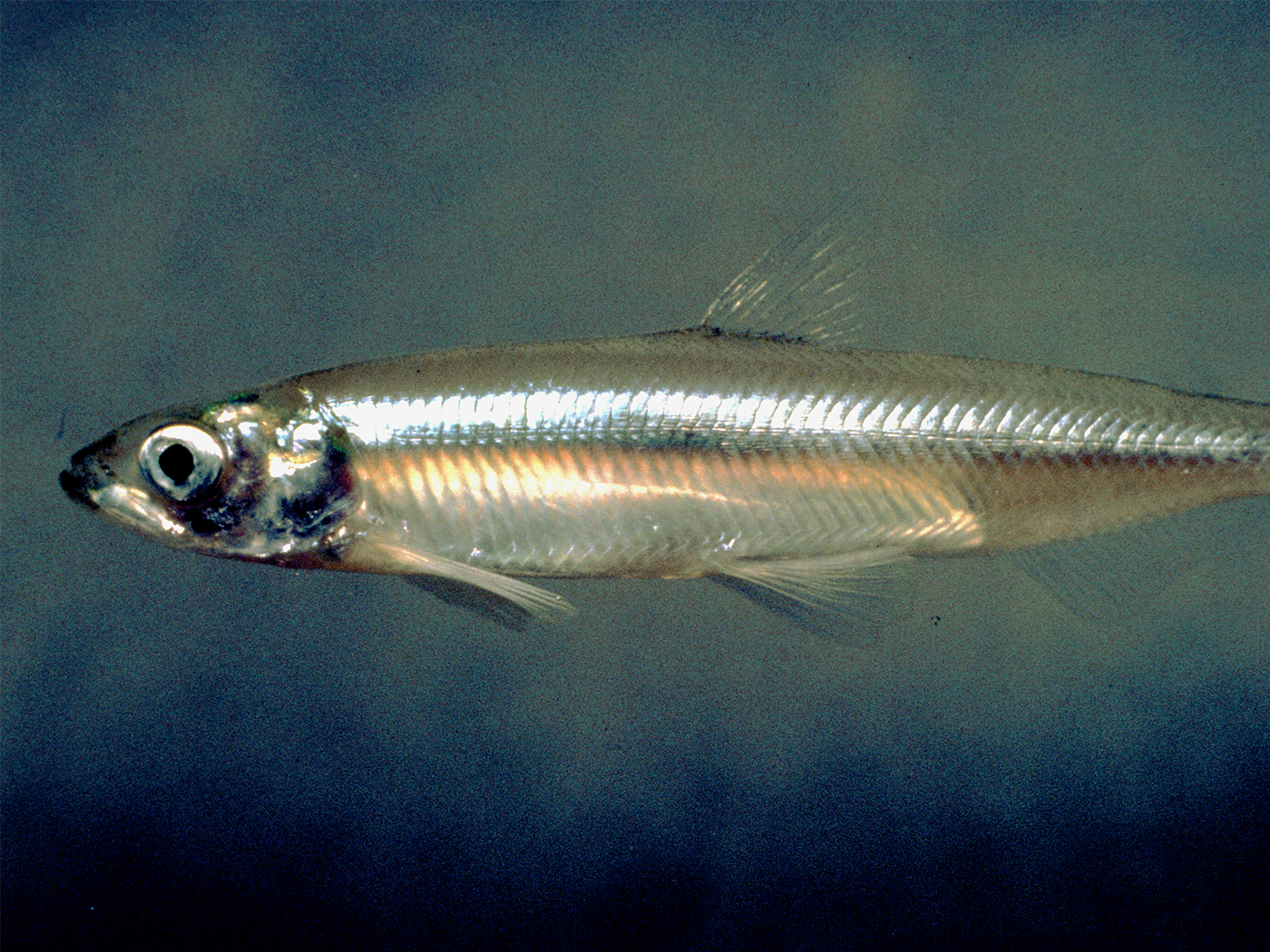Search Tools
New Defender's Study Bible Notes
15:3 smite Amalek. It is generally assumed that the Amalekites were descendants of Esau’s grandson (Genesis 36:12). There is a reference, however, to “the country of the Amalekites” in the earlier times of Abraham (Genesis 14:7), so it may be that there was an earlier Amalek, a descendant of Canaan, after whom Esau’s grandson was named. In any case, the Amalekites were cruel and inveterate enemies of Israel. They had tried to destroy Israel as soon as God’s people escaped from Egypt, and God therefore had ordained their future destruction (Exodus 17:8-16; Deuteronomy 25:17-19).
15:4 men of Judah. Long before the divided kingdom, Judah’s role is seen as distinct from that of the other tribes. See also I Samuel 11:8. This may be an indication, however, that the book itself was either written or edited after the separation of the northern tribes under Jeroboam from Judah under Rehoboam (I Kings 12:16-19).
15:6 unto the Kenites. The Kenites were commonly associated with the Midianites and Amalekites, inveterate enemies of Israel. Yet Moses’ father-in-law was a Kenite (Judges 1:16), and Jael and Heber were Kenites who had helped defeat the Canaanites (Judges 4:17-24).
15:8 destroyed all the people. This statement evidently applies only to the people of the particular Amalekite cities attacked by Saul. David later destroyed many of the Amalekites (I Samuel 27:8-9; 30:1,17) and Saul himself was eventually slain by an Amalekite (II Samuel 1:5-13).
15:29 will not lie nor repent. Skeptics have alleged that this statement contradicts I Samuel 15:11: “It repenteth me that I have set up Saul to be king” (I Samuel 15:35). How can God both repent and not repent? The answer is that His “repentance” (meaning “change of mind”) refers to His actions, His non-repentance to His character. That is, He seems to outside observers to change His mind and His resulting action precisely because—as the all-righteous God—He does not change His mind regarding the character of sin and its consequences.
15:33 Agag in pieces. This action of Samuel’s has been attacked by critics as unworthy of a prophet of God. Agag’s murderous cruelty, however, which had undoubtedly contributed to God’s command to destroy the Amalekites at this particular time, putting into effect the promise uttered over three hundred years earlier (Exodus 17:14-16), was itself adequate justification for such a graphically visual object lesson to the people concerning the eventual consequences of wickedness.










